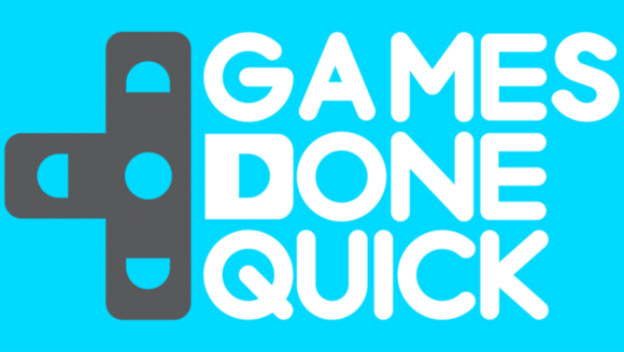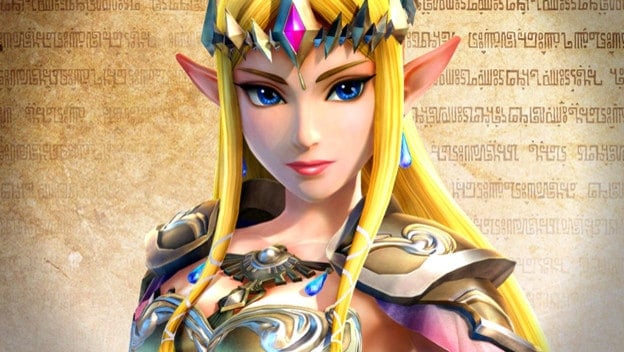Speedrunning is pretty huge these days, what with the seasonal Games Done Quick charity streams and all the career-level streamers clambering over each other’s world record runs. Just like early eSports, speedrunning is a wild west type situation where money is floating around and everyone is still trying to figure out things like rules and regulations. Right now, the scene seems like a mess, with nuance ranging from different styles of runs to people using different kinds of hardware to run their games on.
These discrepancies have taken on a logical extreme with The Legend of Zelda: Breath of the Wild . Not only is the game on two different platforms (with noticeable differences in timing apparently), but changing the spoken language can also be a factor. On top of that, runners can shave even more time off their runs using a trick in the form of amiibo. This is what constitutes as controversy in the speedrunning world, and those with the power to have a say need to figure it out.
The controversy, silly as it may seem, makes sense. The amiibo is an official product, but it’s an external force and has to be purchased separately. It’s also an amiibo, meaning it can be subject to stock shortages and inflated prices. It isn’t quite on the same level as a turbo controller, but it’s still an outside force that influences the outcome in a competitive arena. I wouldn’t go as far as to compare it to performance-enhancers or something ludicrous like that but it definitely raises my eyebrows when looking at the matter from that perspective.
In addition to the amiibo, which lets players get a horse earlier than is normally possible in The Legend of Zelda: Breath of the Wild , the Wii U version also somehow shaves an overall 30 or so seconds off the total run by itself. Setting the game’s language to German makes it move even faster due to the pace of the voice acting. These are a lot of shenanigans, considering none of it has much to do with the game or its systems. This isn’t even taking into account things like controllers, God forbid somebody discovers latency differences between the Wii U GamePad and the Joy-Cons/Pro Controllers or something.

The problem is, there isn’t really a governing body for the speedrunning scene. It’s super community-driven, and generally that hasn’t been an issue. It even has its benefits when it comes to trading secrets and techniques and whatnot. Without the central organization and direct cash flow, there’s less brutal competition, more friendly passion between runners who are collectively hunting for the best times. But it also leads to things like this, where players debate between what is and isn’t legitimate, and how things like having The Legend of Zelda: Breath of the Wild on Wii U set to German with the right amiibo or having the Japanese version of Donkey Kong Country 3 gives an alleged advantage over someone who doesn’t have that knowledge or resource.
Speedrunning will always be a niche, with its popularity and money-making potential being more of a byproduct of streaming’s popularity in general. The personalities will still outperform the skill. But what if, down the line, there’s money at stake and two big names in the scene come down to arguing about something like this in the middle of some heated competition? What if the world record comes down to those 50 seconds afforded by an external device? If speedrunning wants to continue growing, these murky situations will only hamper that progress where it counts the most: building and maintaining a serious audience.
